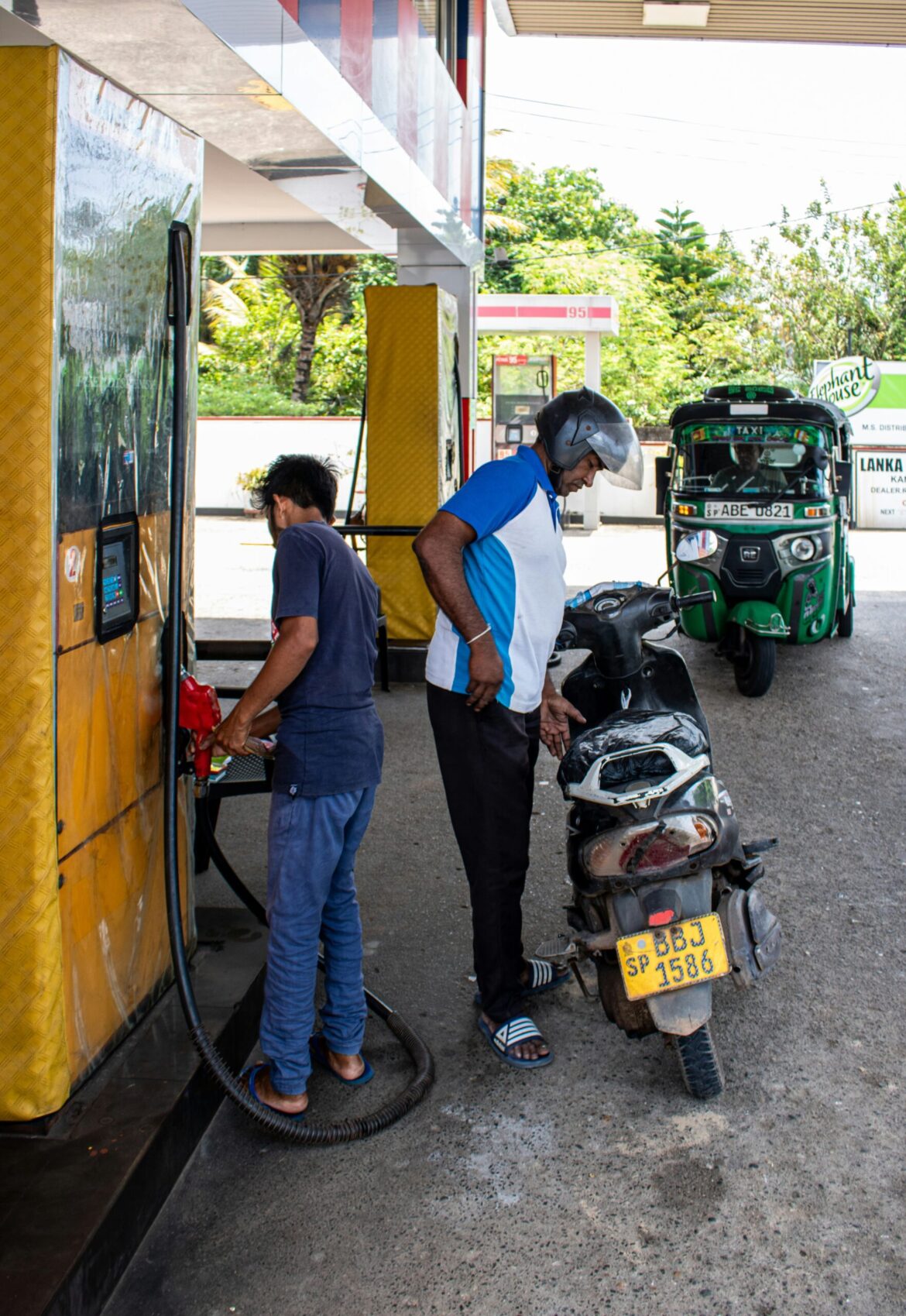In July 2022, Sri Lanka faced a severe economic and energy crisis that brought the country to a standstill. The nation officially ran out of fuel, leaving millions stranded, businesses shuttered, and essential services severely disrupted. The lack of fuel paralyzed transportation networks, with buses and trains halted, and citizens waiting in long lines for any available fuel supply. Schools were closed indefinitely, and hospitals struggled to operate without reliable electricity and fuel for generators.
This collapse sparked widespread protests across the country, as citizens demanded accountability from the government for years of mismanagement, corruption, and heavy reliance on foreign debt. The tipping point came when demonstrators stormed government buildings, culminating in President Gotabaya Rajapaksa fleeing the country and resigning from office. The political vacuum further intensified uncertainty, but also opened a path toward potential reforms as opposition leaders and civil society pushed for a more transparent and sustainable economic model.
Meanwhile, in the United States, inflation remained at historically high levels in July, with the Consumer Price Index (CPI) continuing to reflect mounting costs, especially in the energy sector. Elevated oil and gas prices contributed heavily to the overall inflation figures, affecting everything from transportation to household energy bills. While food and housing costs also climbed, energy remained the most volatile and impactful driver.
In response to persistent inflation, central banks around the world doubled down on tightening measures. The U.S. Federal Reserve continued its aggressive interest rate hikes, attempting to rein in consumer prices by curbing demand. Similarly, the European Central Bank (ECB) followed suit, marking a pivotal shift in its long-standing accommodative monetary policy. These measures aimed to restore price stability but carried the risk of slowing economic growth and potentially triggering a recession.
The global nature of the inflation crisis underscored the interconnectedness of modern economies. Supply chain disruptions, lingering effects of the COVID-19 pandemic, and geopolitical tensions — particularly the Russia-Ukraine conflict — exacerbated energy market volatility and contributed to a complex web of economic challenges. For emerging economies like Sri Lanka, the impact was devastating, while advanced economies like the U.S. struggled with balancing growth and price control.
July 2022 thus marked a crucial month in a turbulent year, highlighting the vulnerabilities of global energy dependence and the far-reaching consequences of inflationary pressures. As countries grappled with immediate crises, the events of this month underscored the urgent need for structural reforms and long-term resilience planning.

